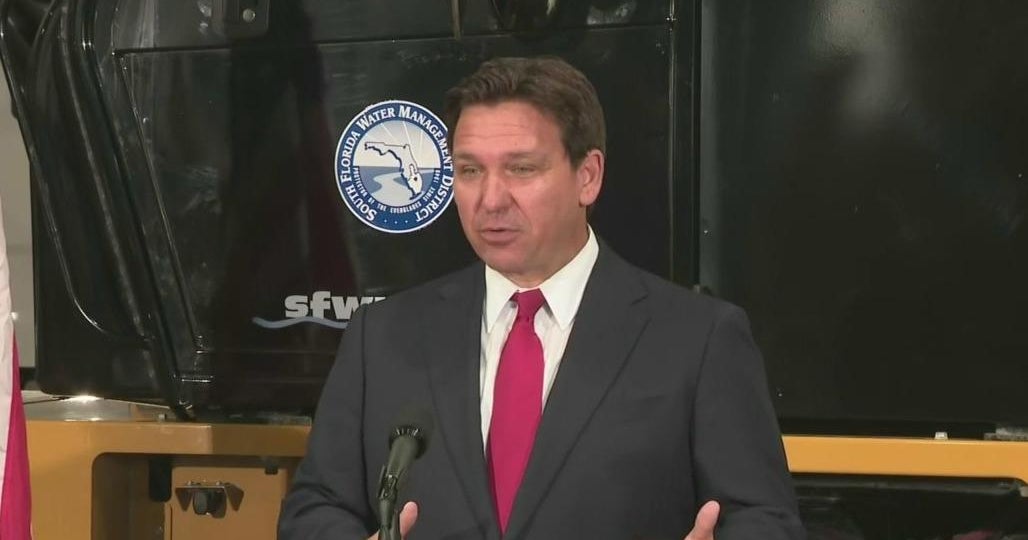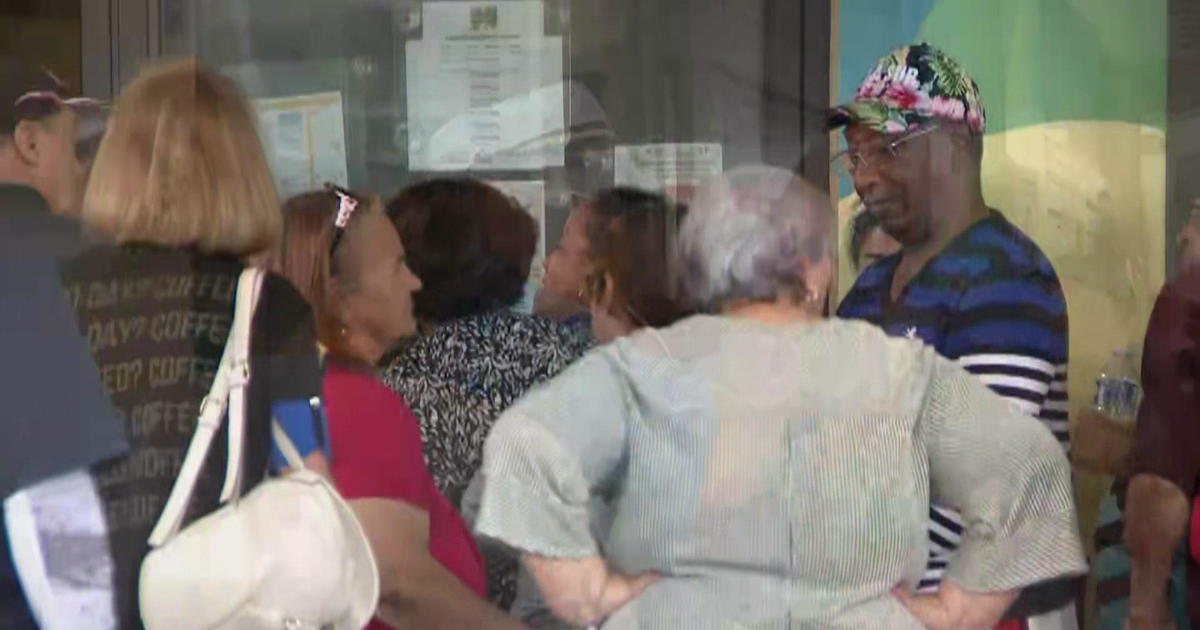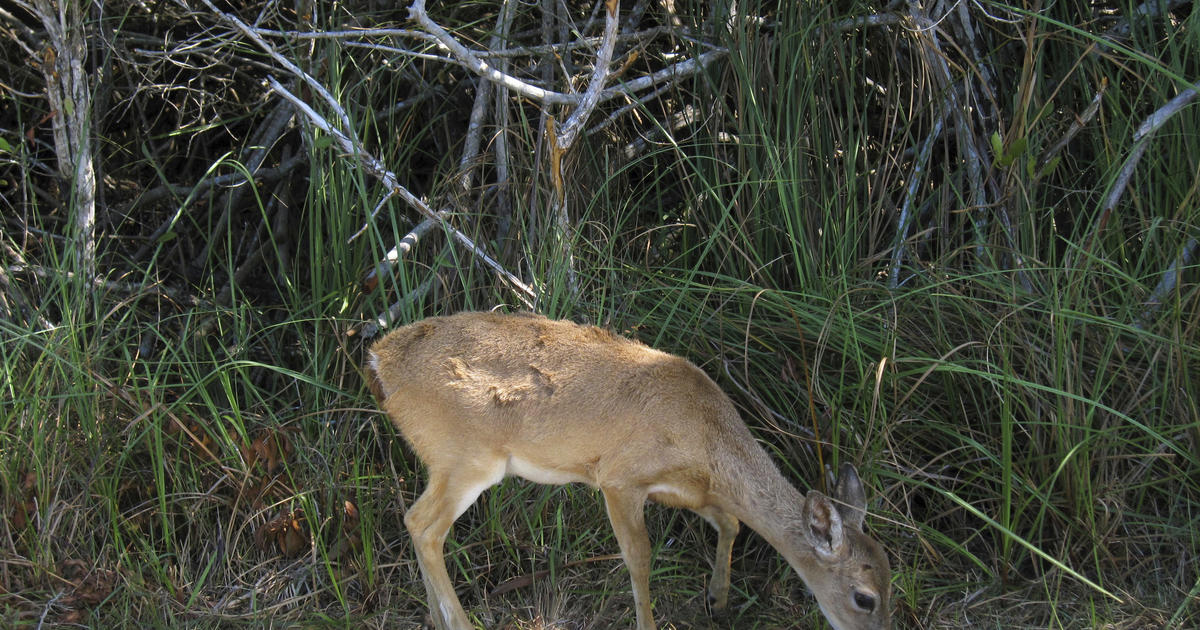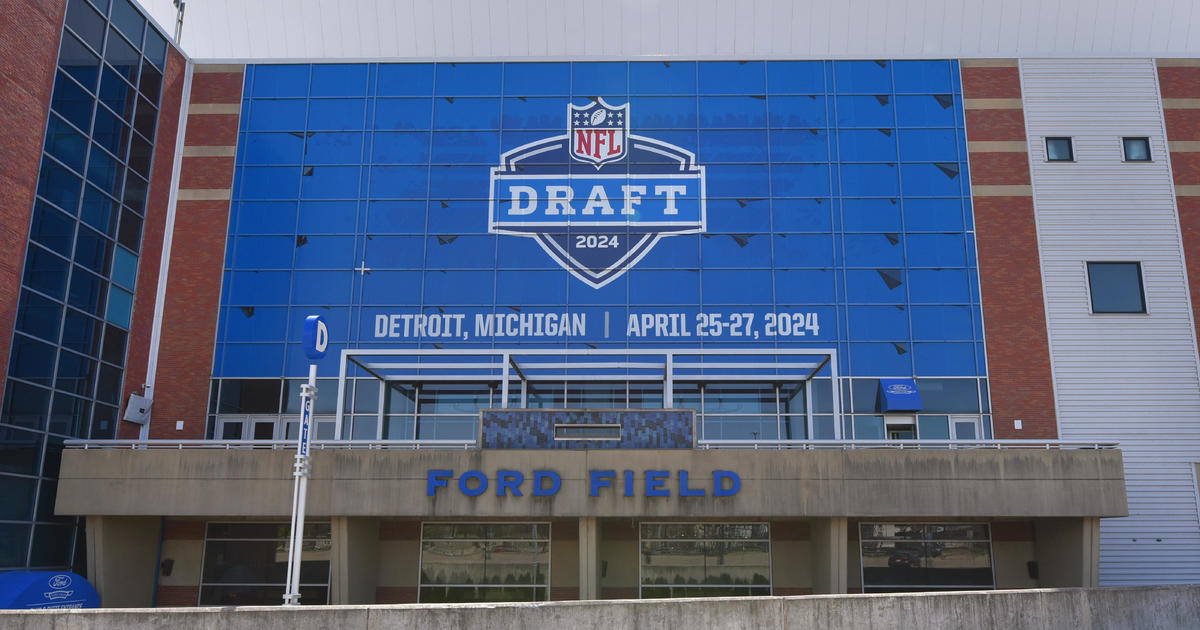Cuba Lifts Restrictions On Food, Medicine After Rare, Widespread Protests
HAVANA (CBSMiami/CNN) - Cuban Prime Minister Manuel Marrero has announced they were temporarily lifting restrictions on Cuban citizens who go on foreign trips to bring home toiletries, food, and medicines, which are among the hardest to find items in Cuba.
The restrictions will be lifted beginning Monday, July 19th.
Custom duties on these products will not need to be paid, and the relaxed measures will stay in place for the rest of the year.
This change comes after the island nation saw some of the biggest protests in decades.
Marrero also said that work is being done to improve the stability of the national electricity system and that officials will seek to improve the supply of medicines, many of which are produced on the island but whose inputs must be imported.
Thousands took to the streets across the island nation last weekend to protest chronic shortages of basic goods, curbs on civil liberties, and the government's handling of a worsening coronavirus outbreak.
The rare wave of demonstrations against the country's communist government has been fanned by a deepening economic crisis worsened by the pandemic. Covid-19 has devastated the country's tourism industry, sending Cuba's economy into a deep slump.
Cubans now spend hours in long lines to buy food and medicine, and lockdowns have left many without work. Driven by desperate conditions, migration is on the rise by both land and sea. Since the start of the 2021 fiscal year, the US Coast Guard reported intercepting around 500 Cubans at sea.
In a country known for repressing dissent, the demonstrations have been viewed as remarkable. US President Joe Biden on Monday expressed support for the Cuban people, urging Cuban President Miguel Diàz-Canel's regime to "hear their people and serve their needs."
"We stand with the Cuban people and their clarion call for freedom and relief from the tragic grip of the pandemic and from the decades of repression and economic suffering to which they have been subjected by Cuba's authoritarian regime," Biden said in a statement.
President Miguel Díaz-Canel acknowledged that the government should shoulder some of the blame for the recent protests.
"We have to gain experience from the disturbances," he said Wednesday night in a televised address. "We also have to carry out a critical analysis of our problems in order to act and overcome, and avoid their repetition."
The Cuban government blames its economic woes on the US trade sanctions, which restricts its access to imports and financing. In a recent nationally televised address, Díaz-Canel repeated that criticism and urged his supporters to physically confront protesters.
Anti-government activists say that more than 100 people have been detained or are missing in a crackdown described as the largest in years.
The Cuban government has not said how many people were arrested or injured in the protests. Díaz-Canel said he didn't know the exact figure, but said "tens of people" had been injured.
(©2021 CBS Broadcasting Inc. All Rights Reserved. Cable News Network, Inc., a Time Warner Company, contributed to this report.)



